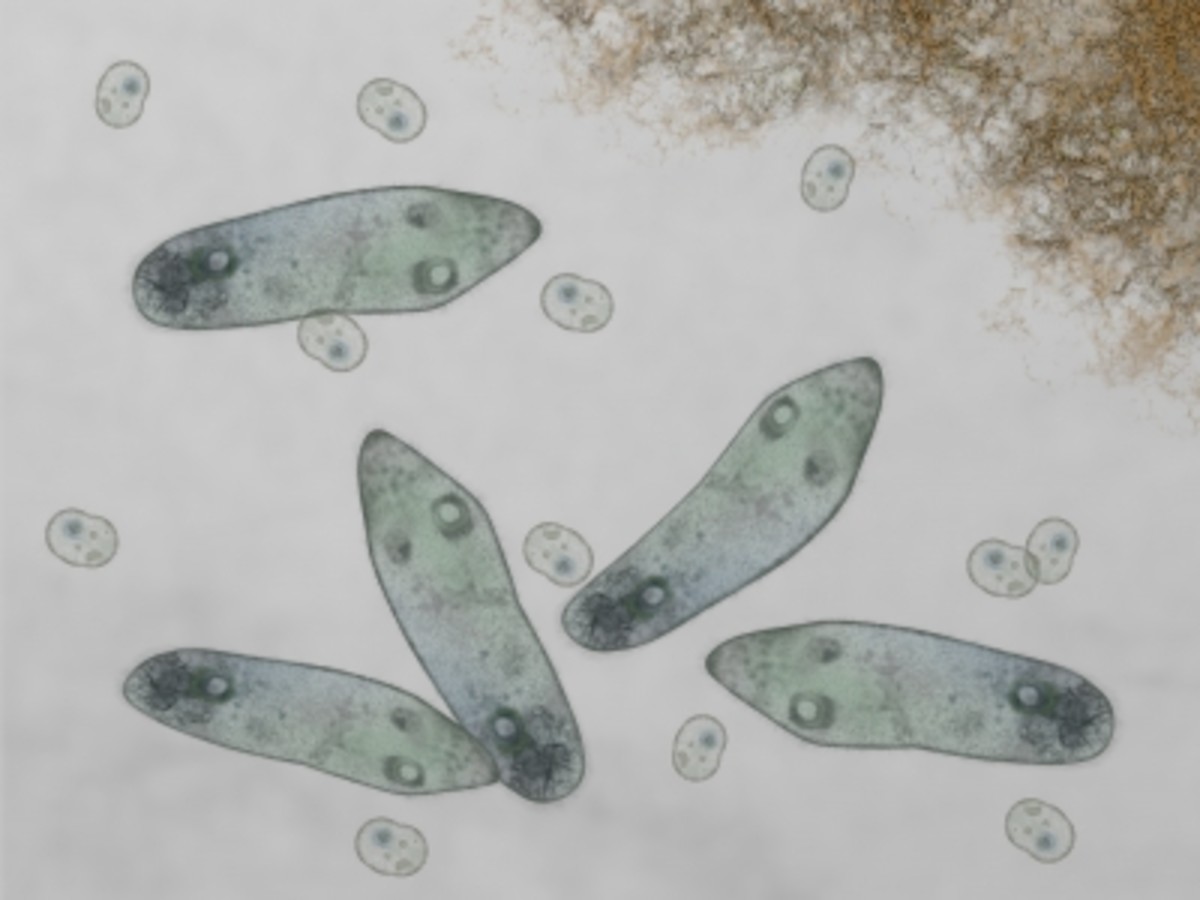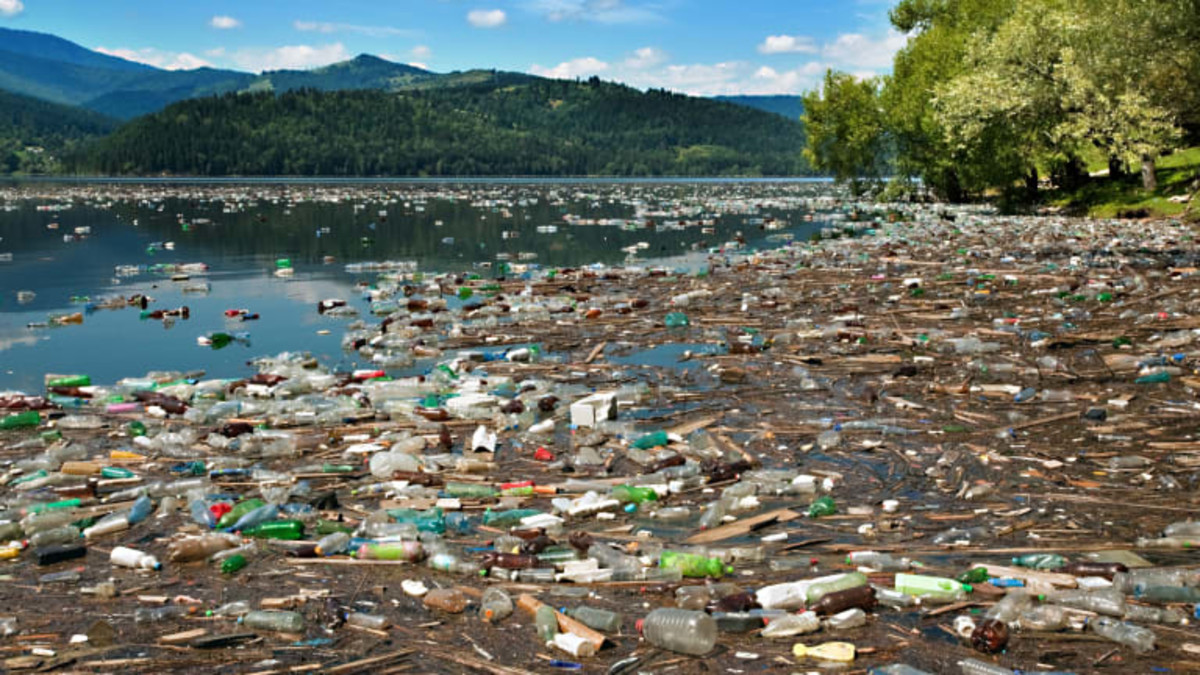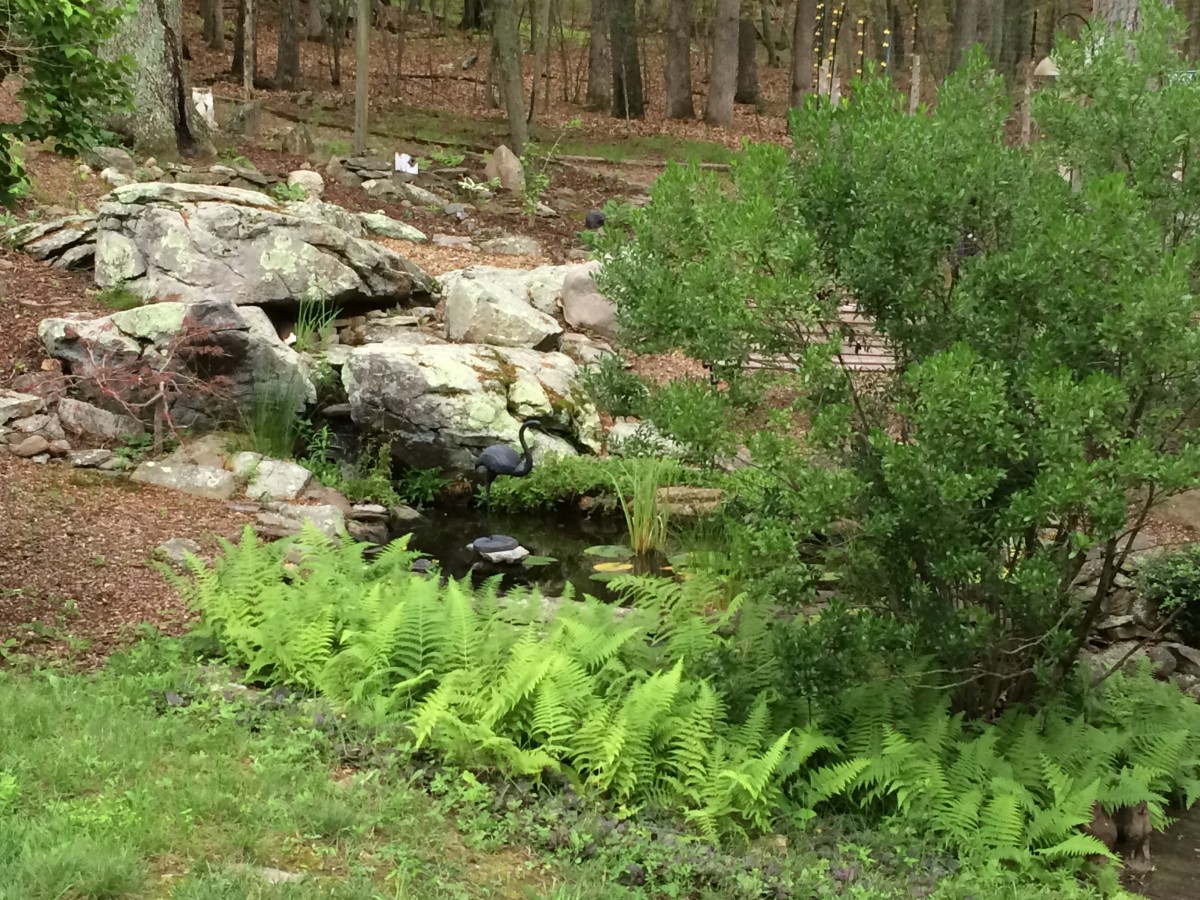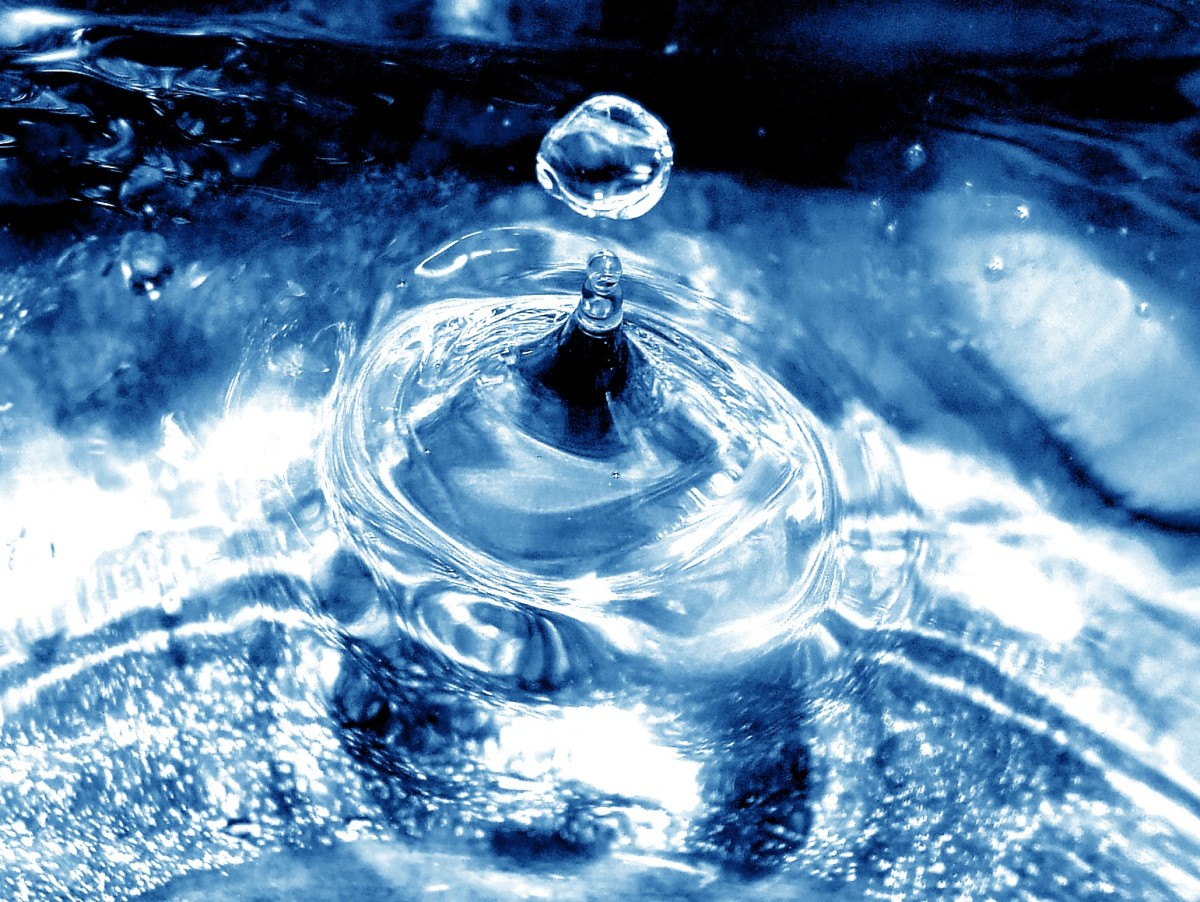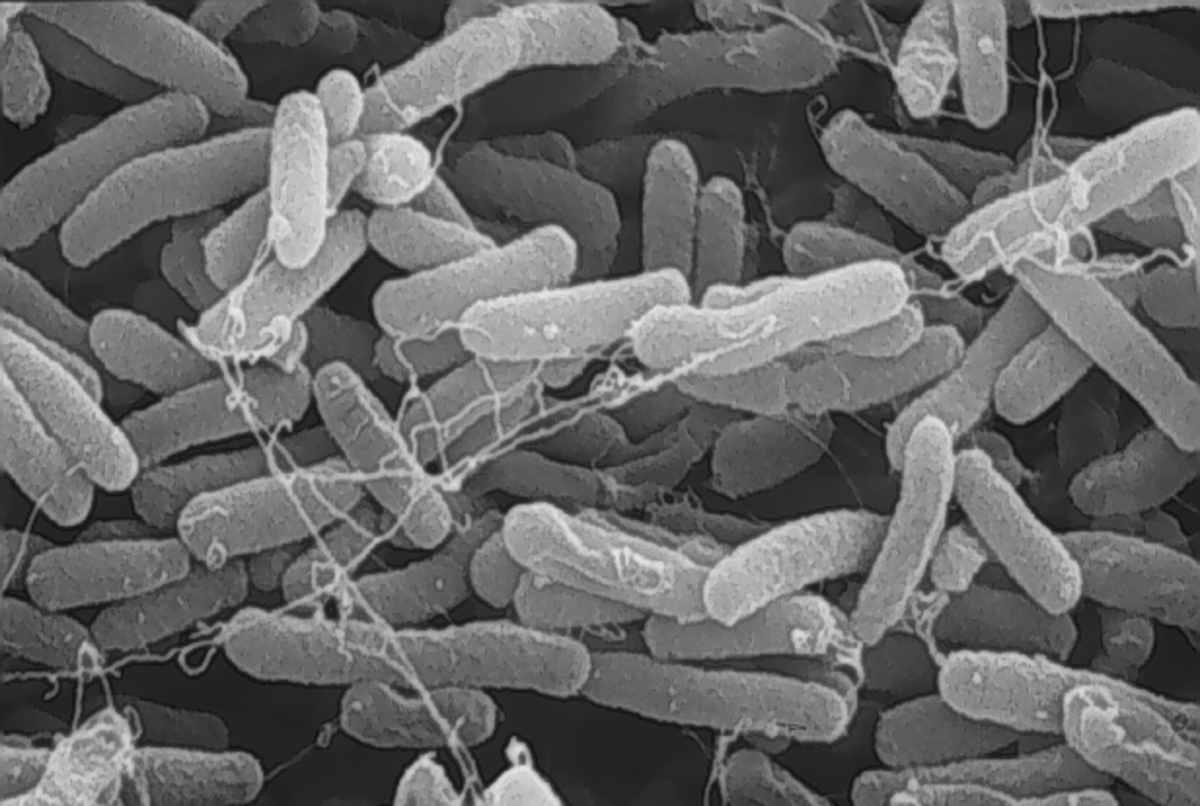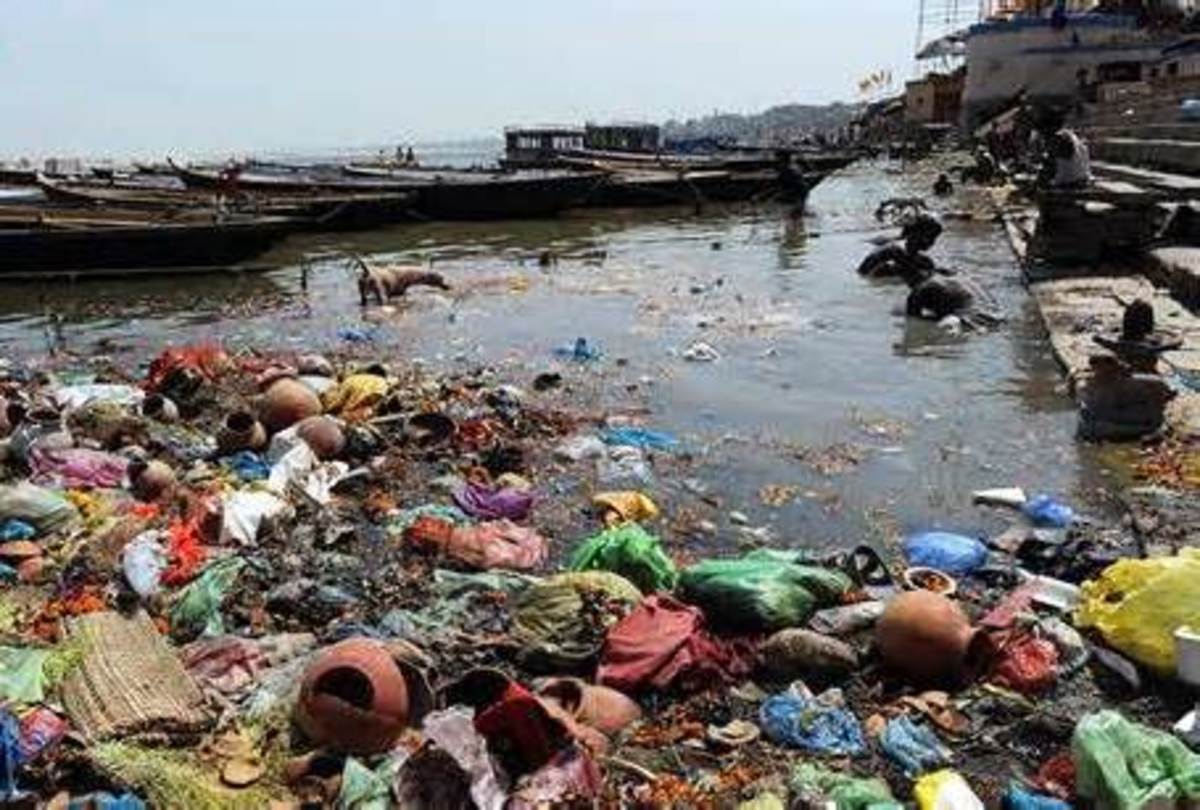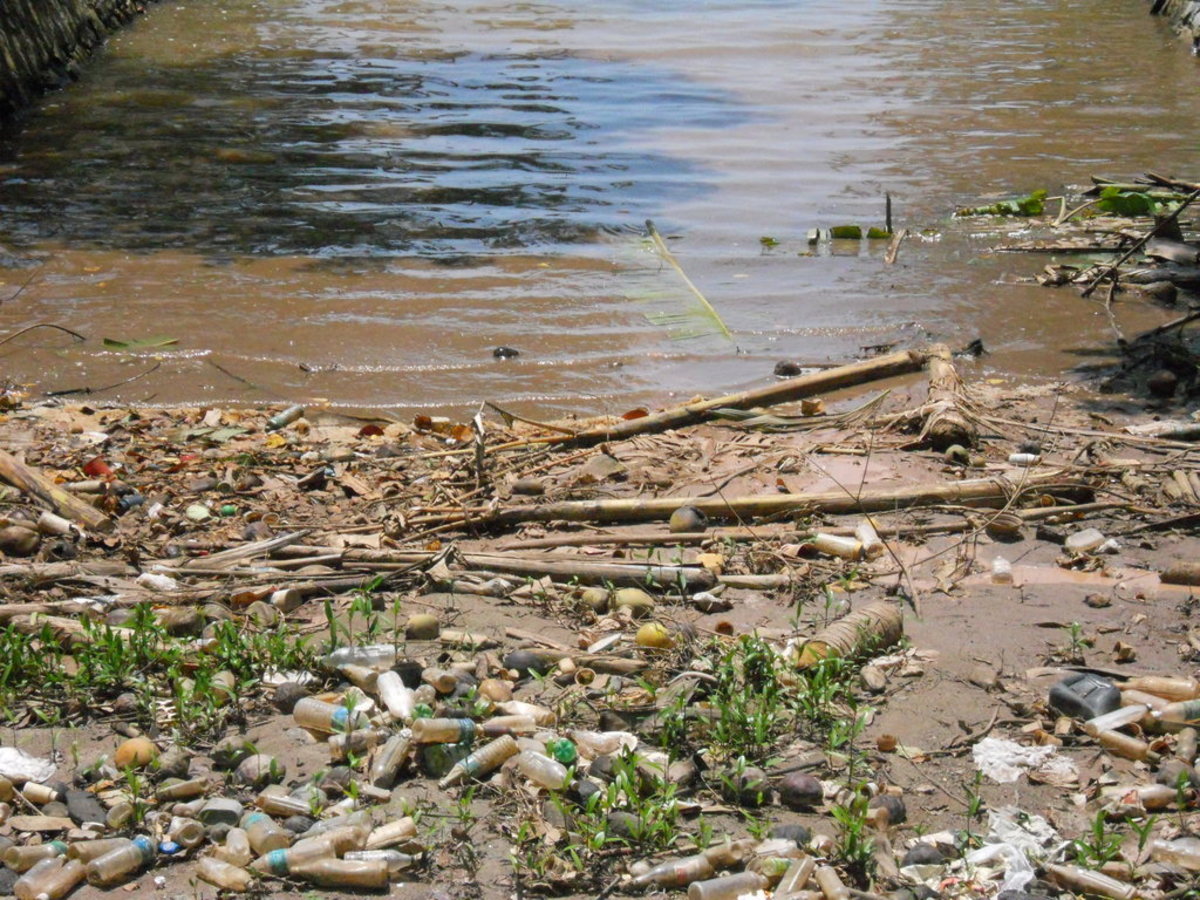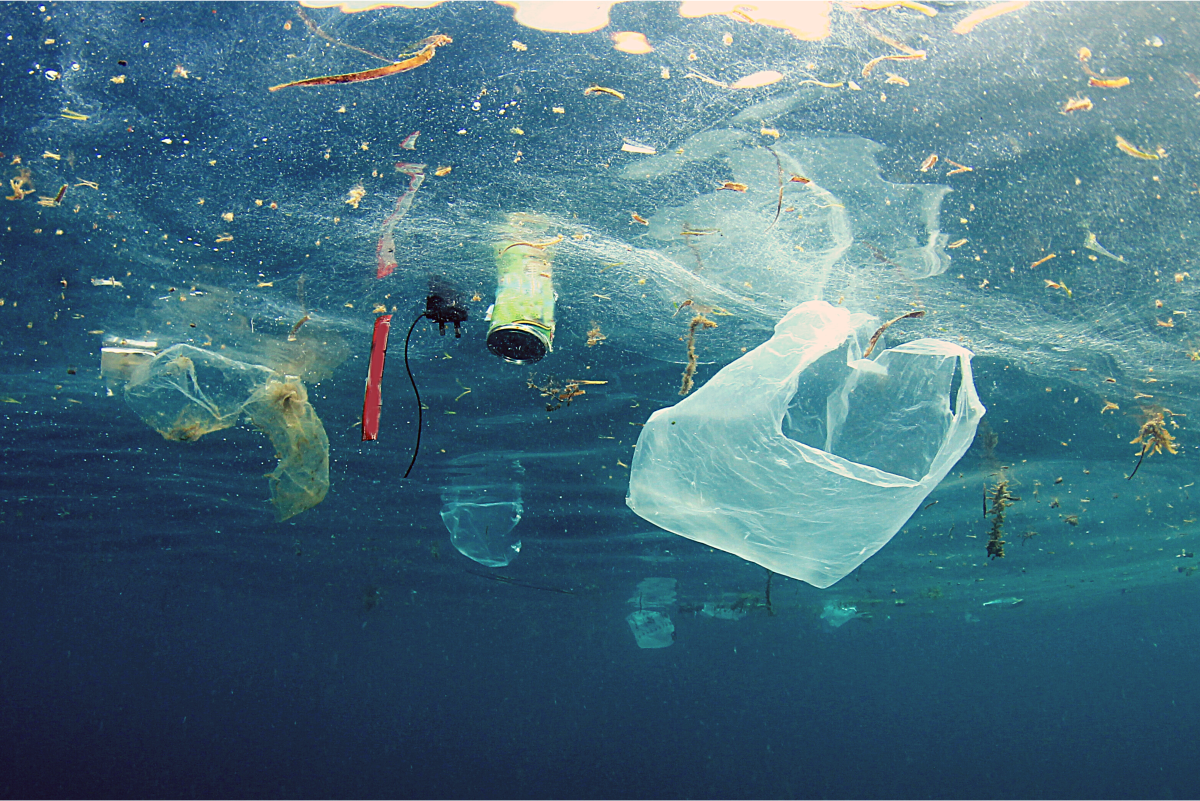What is Stormwater Runoff, and Why Should We Care About It?
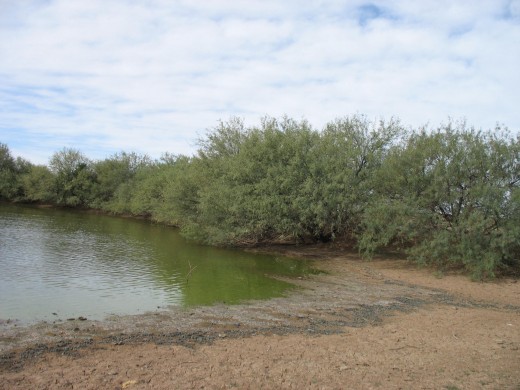
Stormwater runoff is the portion of precipitation that does not initially get absorbed into the ground after a storm event. Excess rainfall accumulates on the earth’s surface during the storm and begins to flow downhill. As it flows toward natural streams and other concentration points, it collects contaminants from the surfaces that it passes over. These contaminants eventually reach rivers, lakes, and the ocean. A portion of this water also infiltrates into the soil and contributes to the contamination of our groundwater. According to the Environmental Protection Agency, around 80,000 miles of streams and rivers in the United States are considered ‘impaired’ due to poor stormwater quality.
Where Do Stormwater Contaminants Come From?
The main source of contamination of stormwater runoff is the urban environment. Many streams suffer from increased phosphorus and nitrogen concentrations due to the fertilizers and pesticides that have been applied on our lawns, parks, and landscaped areas. Another major source of stormwater contamination is our roadways. Brake and tire dust (as well as oils and other petroleum by-products) from our vehicles accumulate on the pavement surface until a good rain comes and washes it away. Urban surfaces have also played a significant role in the increased concentrations of metals (specifically cadmium, chromium, copper, lead, manganese, nickel and zinc) that have been found in our nation’s waters. Sediments from construction sites are also considered a contaminant of stormwater runoff.
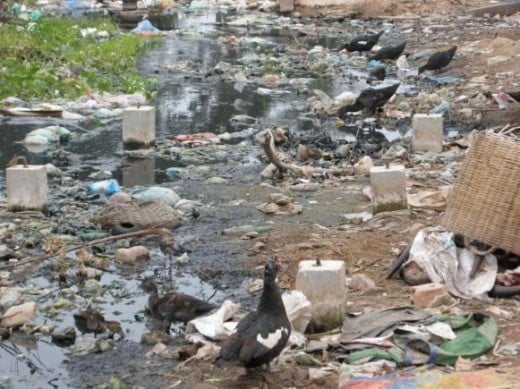
What are the Impacts of Poor Stormwater Quality?
Stormwater quality can have significant impacts on our nation’s food supply, health, and the environment. Contaminated stormwater can destroy entire ecosystems killing thousands of plants and animals. Even animals that don’t live in the vicinity of the polluted waters are at risk. Many contaminants can have collateral damage as they are bio-accumulated through the food chain. High concentrations of certain chemicals, such as phosphorus, can lead to an overgrowth of potentially toxic plants. Impaired waterways can also harbor diseases placing humans at risk. High concentrations of certain chemical contaminants have been shown to cause cancer. Our food supply is also at risk as many of the irrigation systems that we use to water our crops are, or have the potential to become, tainted by polluted stormwater runoff.
What You Can Do Reduce Stormwater Contamination?
- Minimize your use of pesticides and fertilizers. Use natural or environmentally friendly chemicals instead.
- Maintain your car and make sure your tires are properly inflated. This will help prevent unnecessary wear on vehicle parts which could lead to an increased presence of contaminants on the road. Maintained vehicles will also have fewer leaks.
- Utilize stormwater harvesting techniques to capture the rainfall that lands on your property rather than letting it runoff. Use that water to quench the thirst of the vegetables in your garden or the flowers in your pots. This will also conserve water.
- Whenever doing construction activities such as landscaping and grading, utilize best management practices (BMPs) such as silt fences and sediment traps to minimize the negative impacts to stormwater quality.
- Properly dispose of trash in a landfill. Do not litter. Recycle whenever possible. Chemicals, paints, batteries, CFL bulbs, used motor oil and other potentially toxic substances should be disposed of properly. These items should be recycled and not taken to a landfill or poured down the drain.
- Avoid washing your car in your driveway and utilize commercial car washes instead. Use biodegradable soaps when at home car washing is necessary.
- Properly dispose of your pet’s waste. Improper disposal can lead to contamination of local streams, lakes, and rivers.
References/Resources
U.S. Environmental Protection Agency. National Pollutant Discharge Elimination System (NPDES). National Menu of Stormwater Best Management Practices. 2011. <http://cfpub.epa.gov/npdes/stormwater/menuofbmps/>

